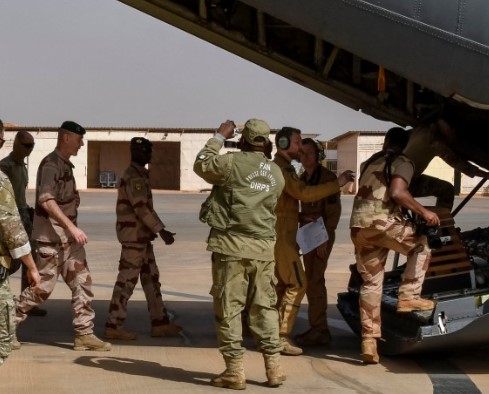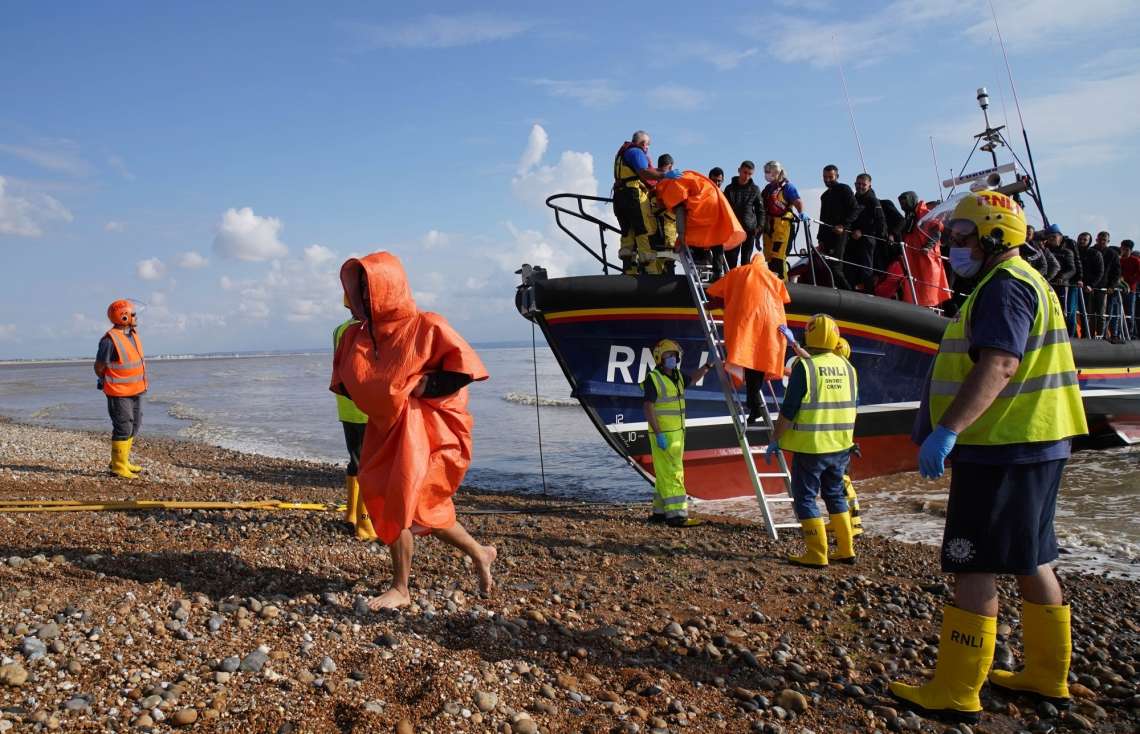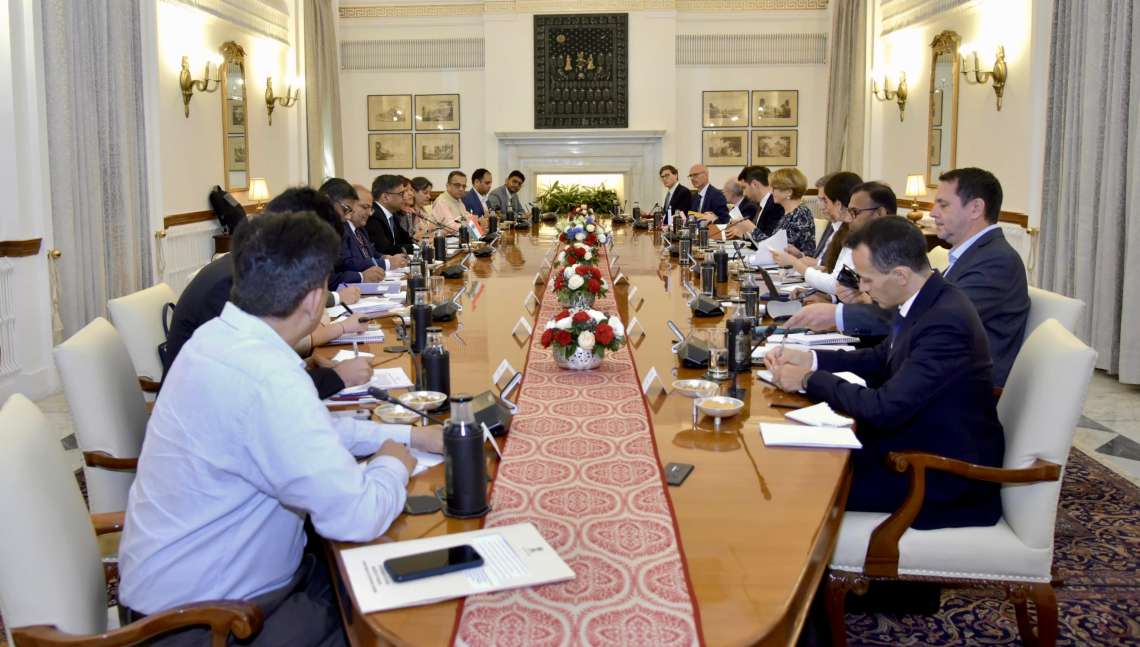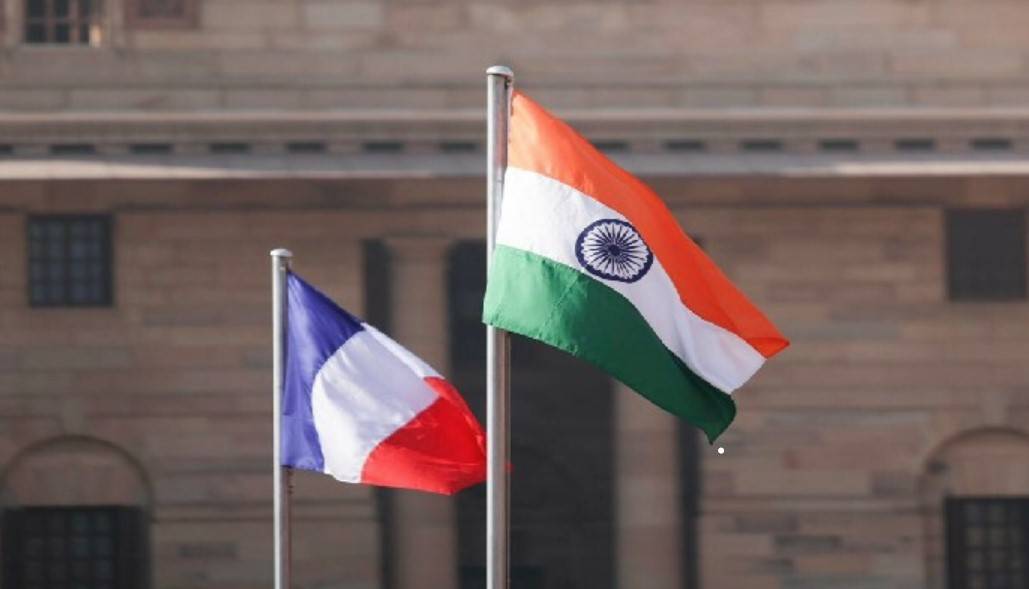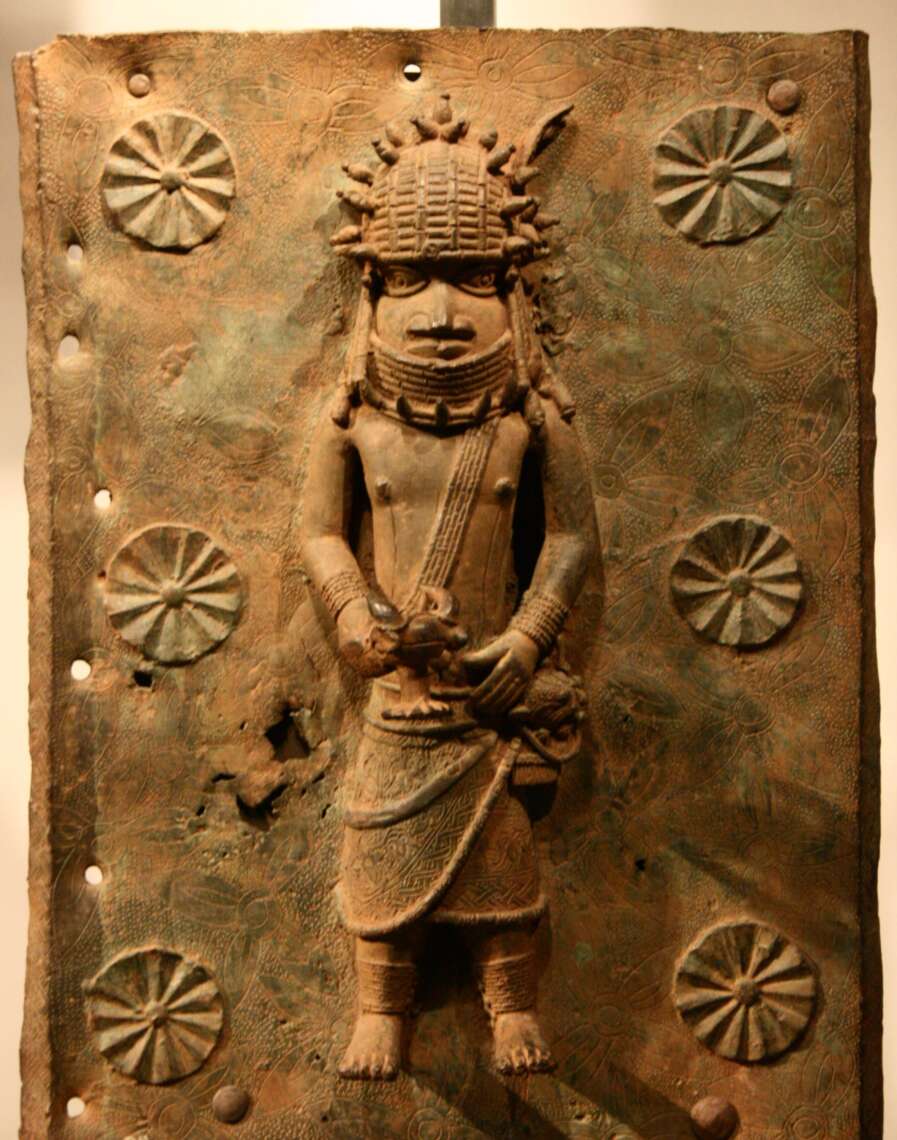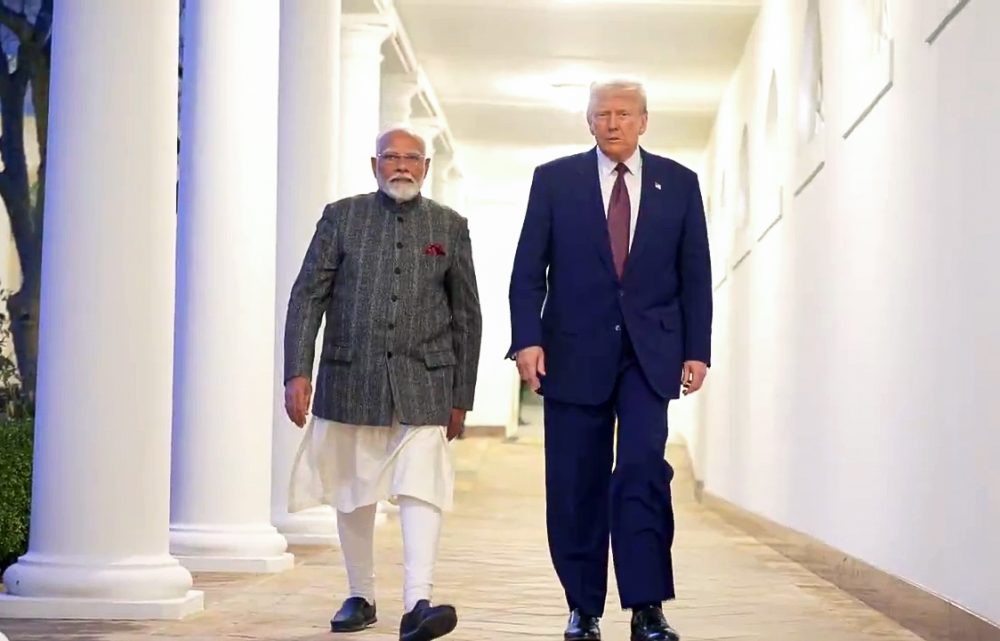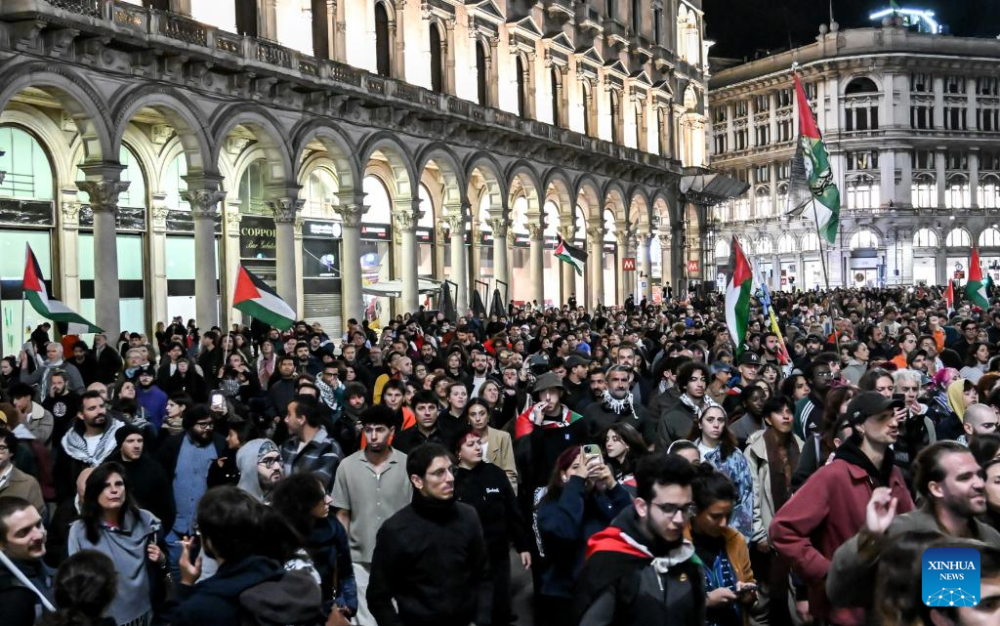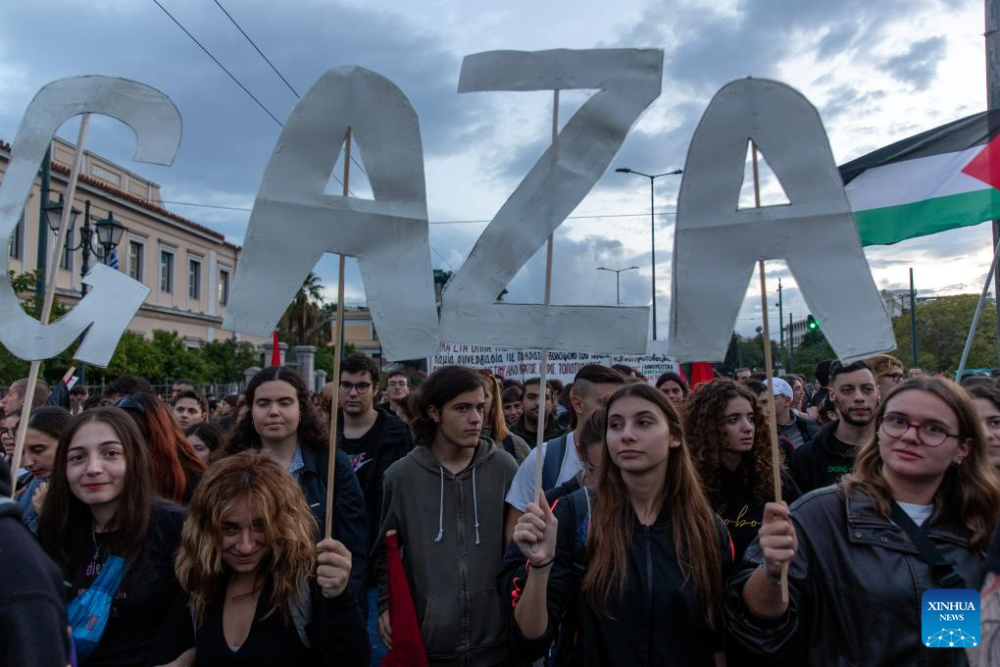According to the French Minister of the Armed Forces, Sébastien Lecornu, approximately 80 French servicemen will remain in Ivory Coast to advise and train the Ivorian military
In a significant development signaling a shift in military and political dynamics, Ivory Coast officially took control of the last remaining French military base in the country on Thursday. This move coincides with the departure of the majority of French forces from various West African nations, marking a new chapter in the region’s relationship with France.
According to the French Minister of the Armed Forces, Sébastien Lecornu, approximately 80 French servicemen will remain in Ivory Coast to advise and train the Ivorian military. This decision underscores a strategic pivot towards a more advisory role, rather than direct military engagement. Speaking at a joint conference with Téné Birahima Ouattara, theorian Iv defense and state minister, Lecornu emphasized the evolving nature of the defense relationship between the two nations.
“The world is changing and changing fast. It’s clear that our defense relationship also had to evolve and be based more on future prospects in the face of the realities of threats and those of a world that has become complex in terms of security, and not on a defense relationship inspired by the past,” Lecornu said. He added, “France is transforming its presence. France is not disappearing.”
Ivory Coast’s announcement is part of a broader trend across West Africa, where countries several have requested the departure of French troops. Analysts attribute this shift to a growing sense of local autonomy and a desire to distance from France’s historical colonial influence. This sentiment has been particularly pronounced in countries that have experienced recent coups, such as Niger, Burkina Faso, and Mali.
French troops, who have been stationed in West Africa for decades, have seen their presence diminish significantly in recent years. Countries like Niger, Burkina Faso, Senegal, and Chad, once considered France’s most stable and loyal partners in Africa, have all asked French forces to leave. As a result, France has been asked to vacate more than 70% of the African countries where it had a military presence since decolonization.
Currently, French troops remain only in Djibouti, with 1,500 soldiers, and Gabon, with 350 troops. The departure of French forces has led to a power vacuum in some regions, with military leaders in Niger, Mali, and Burkina Faso increasingly turning to Russia for support. Russia has deployed mercenaries across the Sahel, though these forces have been accused of abuses against civilians.
Despite the change in military presence, the security situation in many of these countries has deteriorated. There has been a marked increase in extremist attacks and civilian deaths, both from armed groups and government forces. This has raised concerns about the long-term stability and security of the region.
In response to these challenges, the French government has been working to revitalize its political and military influence in Africa. This includes devising a new military strategy that focuses on building local capacity and fostering strategic partnerships.
Téné Birahima Ouattara, the Ivorian Minister of Defense, expressed optimism about the future of the Franco-Ivorian relationship. “This act marks a new stage in our relations of friendship and strategic cooperation between our two nations,” he said, highlighting the importance of continued collaboration in the face of evolving security threats.
As Ivory Coast takes control of the last French military base, the move symbolizes a new era of self-reliance and strategic realignment in West Africa. While the departure of French forces marks the end of an era, it also presents an opportunity for African nations to redefine their security strategies and forge new partnerships that better align with their evolving needs and aspirations.
ALSO READ: Fresh Tensions Grip Indo-Pacific


